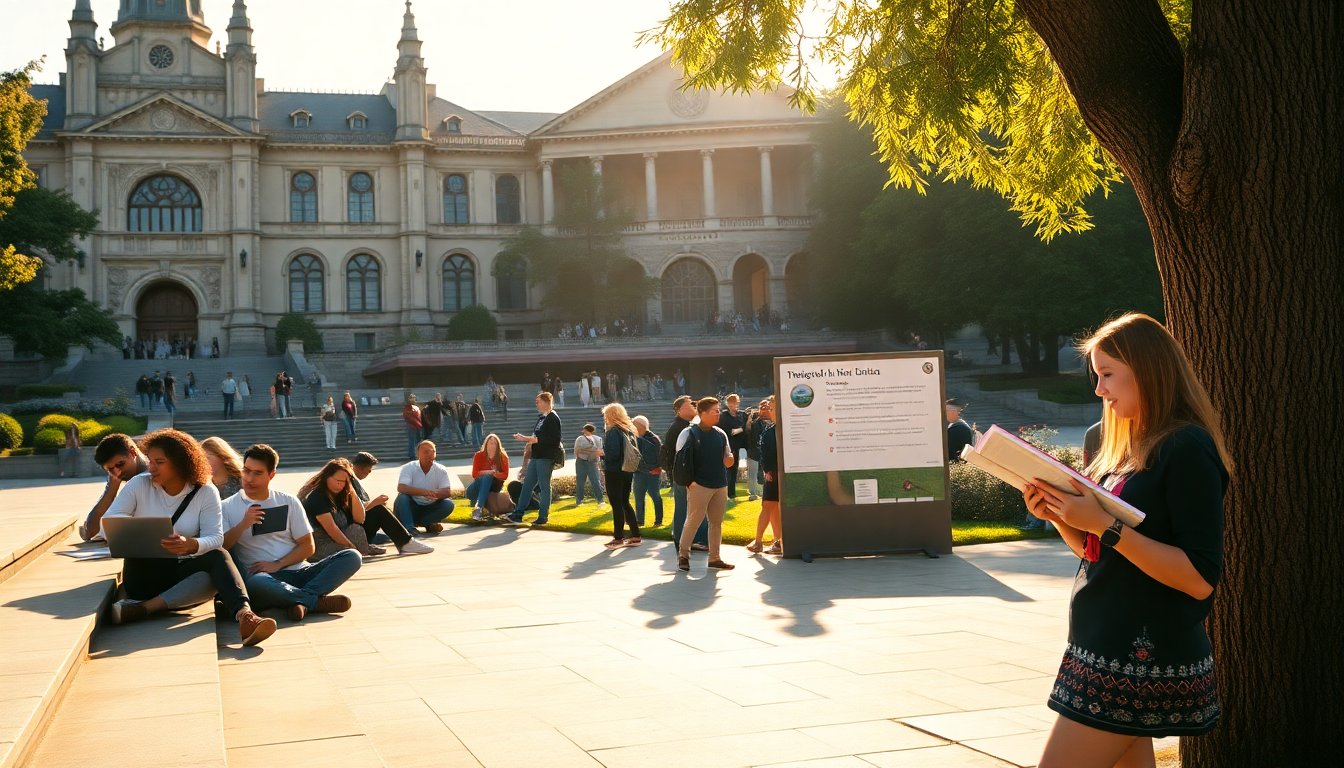Table of Contents
The landscape of American higher education faces significant challenges due to recent federal investigations. These inquiries raise profound questions about academic freedom, civil liberties, and the role of universities in societal issues. The University of California, Berkeley, is at the center of this dialogue, scrutinized for its compliance with government requests for information concerning faculty and students. This situation underscores the tension between federal oversight and educational autonomy, reflecting broader societal debates about free speech and discrimination.
The Context of Federal Investigations
UC Berkeley recently revealed it had disclosed the names of 160 individuals—students, faculty, and staff—to the U.S. Department of Education. This disclosure was part of an inquiry into alleged anti-Semitic incidents on college campuses. The action has sparked significant concern among academic circles, with critics likening it to McCarthy-era practices where individuals were targeted based on beliefs and affiliations.
The federal investigation seeks to evaluate how universities handle complaints related to anti-Semitism, a topic of increased prominence amid rising tensions surrounding the Israeli-Palestinian conflict. Complications arise from the Trump administration’s stance, which threatens to cut federal funding for universities perceived as inadequately addressing anti-Semitic sentiments, particularly in the context of pro-Palestinian protests.
The implications for university community members are profound. Many feel vulnerable, especially those whose names might appear in these reports. This situation raises critical questions about the extent to which universities can safeguard their members’ privacy while complying with federal investigations.
Concerns Over Civil Liberties and Academic Freedom
Judith Butler, a prominent feminist philosopher and vocal critic of Israeli policies, has voiced her alarm regarding the university’s actions, describing them as a betrayal of trust and ethical standards. Butler argues that this compliance is reminiscent of McCarthyism, highlighting the chilling effect such investigations may have on free speech and academic inquiry. She warns that forwarding names to the government could lead to unwarranted surveillance and stigmatization based on political beliefs.
The situation has ignited broader discussions about the balance between institutional accountability and the protection of civil liberties within academia. Rights advocates express concern over potential bias against marginalized groups, particularly Muslims and Arabs, whose political expressions may be misconstrued as anti-Semitic.
As the Trump administration pursues its agenda, which includes punitive measures against universities, the academic community must grapple with the implications of such actions on core values of inquiry and dissent. Rising incidents of anti-Semitism, anti-Arab bias, and Islamophobia, particularly following recent geopolitical events, further complicate the discourse, making it imperative for universities to navigate these issues with care.
The Future of University Governance and Accountability
Given the current climate, the future of university governance is at a critical juncture. Recent investigations have prompted institutions to reassess their policies and the degree of compliance with federal demands. The challenge lies in sustaining a commitment to academic freedom while adhering to legal obligations and addressing community concerns.
As this situation evolves, it is essential for universities to protect the rights of their members. This includes advocating for transparency in government actions and ensuring their policies reflect a commitment to inclusivity and respect for diverse viewpoints. Moving forward, universities must engage in proactive dialogue with their communities to address fears and misconceptions arising from federal scrutiny.
The ongoing discussions surrounding these issues will likely shape the landscape of higher education for years to come, as institutions strive to balance responsibilities to the government with a dedication to fostering an environment of open discourse and academic inquiry.


